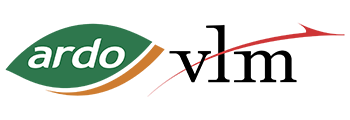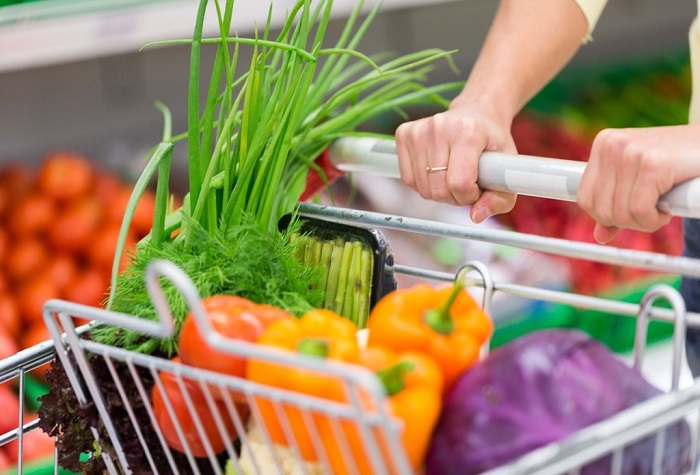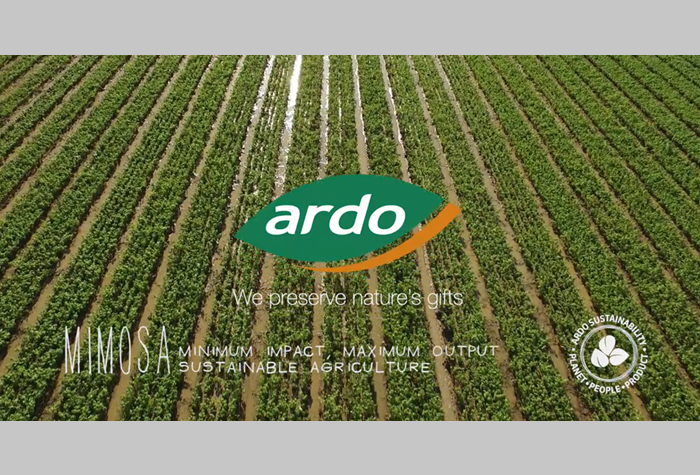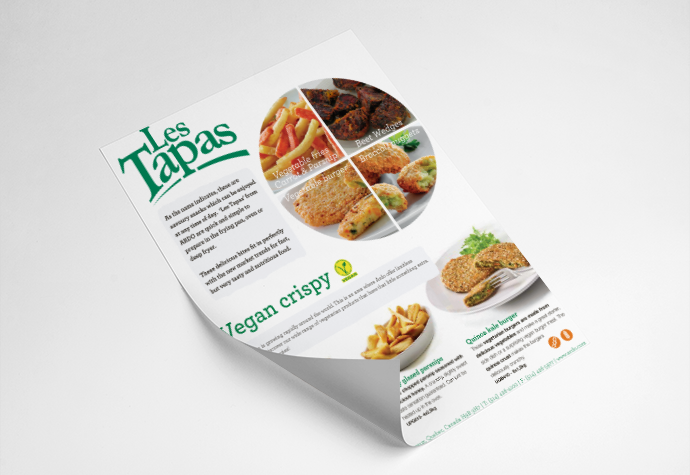FSMA truths and FSMA solutions
May 27th 2016 sees the release of FSMA’s “Intentional Adulteration Rule” while large food processors in both the U.S. and abroad are already faced with a September 2016 deadline to comply with FSMA’s “Preventive Controls Rule”. Additionally, large U.S. importers have until May 2017 to comply with FSMA’s Foreign Supplier Verification Program or FSVP Rule and stakeholders across the supply chain have various dates for compliance with requirements of the Sanitary Transportation Rule….in short, there is a great deal to consider without the added complexity that is being peddled by the ill-informed. As such, we thought it appropriate to both recap and summarize a few of FSMA’s key highlights as they may pertain to the international frozen fruit and vegetable sector.
The U.S. Food Safety Modernization Act ( FSMA ) – yes it’s the law
Signed into law by President Obama on January 4th 2011, FSMA is often referred to as the most sweeping update to America’s food safety legislation to have been enacted over the past 70 years. While stakeholders focus on FSMA’s individual regulations, it is important to appreciate that they represent amendments to the U.S. Food Drug and Cosmetic Act. With this in mind it should not be surprizing that FSMA specifies a variety of new “prohibited acts” supported by federal law that raise important liability issues.
So many regulations but who is responsible for what?
FSMA brings with it some 50 or so new rules and regulations and thousands of pages of text. While it’s clearly impossible to boiling things down a single document, it may be useful to look at the broad strokes of a few key rules.
“Fresh Produce Rule” – establishes new minimum standards for the safe growing, harvesting, packing and holding of fruits and vegetables with yet to be determined impacts for the processing market – this rule is applicable to both U.S. and foreign produce stakeholders with large stakeholders ( > US$ 500,000.00 in annual sales ) needing to comply by November 2017.
“Preventive Controls Rule” – requires both U.S. and foreign food processing facilities to establish and implement food safety systems that make use of hazard analysis risk-based preventive controls including allergen risks ( to U.S. allergen priorities ) with the manufacturer’s food safety plan including a preventive controls pre-processing supply chain oversight program. Large facilities ( > 500 employees ) have until September 2016 to comply with others generally needing to comply 12 months later.
As a responsible food systems stakeholder your cGMPs, QC programs and existing due diligence practices likely cover the Preventive Controls criteria but you may need to revisit your programs and “package” them in alignment with the PC Rule. Our recommendation is that you have your QA/QC staff undertake FDA recognized Preventive Control Qualified Individual or PCQI training. PCQI training is provided on a near continuous basis across the United States and the FDA is working with its international partners to translate the curriculum for use by PCQI Lead Instructors overseas. Alternatively, there are organizations and consultants who can review your QA/QC programs line by line to confirm alignment with U.S. law. Please let us know if you need assistance in identifying PCQI training opportunities or resources for evaluating your existing programs against the PC Rule.
Additionally, we highly recommend that you speak with your importers…..after all, you rely on them to have the technical expertise regarding the “ins and outs” of how to get your products into their markets. If at this point you know more about FSMA than your importers do, you likely need to be asking bigger questions.
“Foreign Supplier Verification Program Rule” or FSVP – ought to be considered as the legislative vehicle by which importers of FDA regulated foodstuffs are being directly regulated for the 1st time.
FSVP defines who the FDA Importer is and holds the FDA Importer responsible for making sure the foods they import meet the same food safety standards as foods produced in the United States. In the final analysis the FDA Importer is the 1st US buyer in the import supply chain…..while foreign companies may continue operating as “non-resident importers” for Customs purposes, the FDA Importer must be a US “person” ( read business ). Non-resident importers thinking they can by-pass this requirement by appointing a 3rd party “U.S. Agent” as their FDA Importer need to think twice given the legal exposure they would dump on their clients….American buyers that merely have a promise to purchase ( let alone actual purchase orders ) with foreign suppliers run the risk of being deemed to be the FDA importer regardless of who may be arranging Customs clearance. As for real food safety matters….FSVP requires the FDA Importer to make use of a “Qualified Individual” in evaluating the foods they import for all reasonably foreseeable physical, chemical and biological hazards as well as how these hazards are being controlled, by whom and how these controls are being monitored and validated. Given these requirements it should not be surprising that importers will look for ever more access to and information about their supplier’s food safety preventive controls.
U.S. buyers of imported foods ought to pay specific attention to the importer definition and the risks they face in being misidentified or otherwise deemed to be the FDA importer. We recommend that, starting in January of 2017, U.S. buyers of imported foods contract with U.S. businesses to reduce this risk while also verifying that their importer-vendors have qualified food safety and regulatory expertise. After all, as a buyer of imported foods don’t you rely on your importers to know the “ins and outs” of the regulations governing how foods cross international borders in compliance with U.S. law? If at this point you know more about FSVP than your importers do…..you likely have bigger questions to ask.
VLM’s FSMA Compliance Status
Headquartered in Canada with operations and staff in the United States ( VLM Foods USA Inc. ) and China ( VLM China ) as well as managing offshore farming and food processing interests….we take a farm to market approach to import food safety oversight. With in-house PCQI certified food processing preventive controls qualifications along with in-house AIB, BRC, SQF, Global GAP and FSSC 22000 food safety auditing expertise working side by side our in-house global logistics, customs compliance and regulatory affairs professionals….VLM is your FSMA ready importer dedicated to protecting our clients’ brands while helping foreign processors navigate the regulatory waters that we’re all swimming in.




